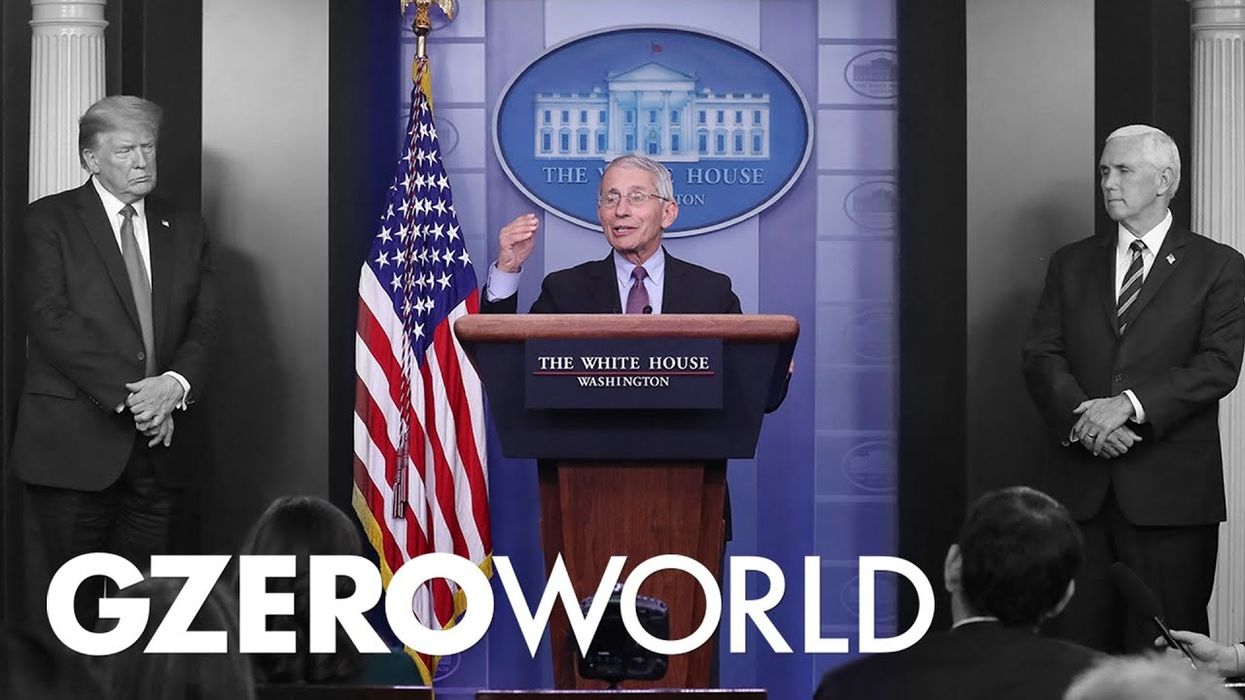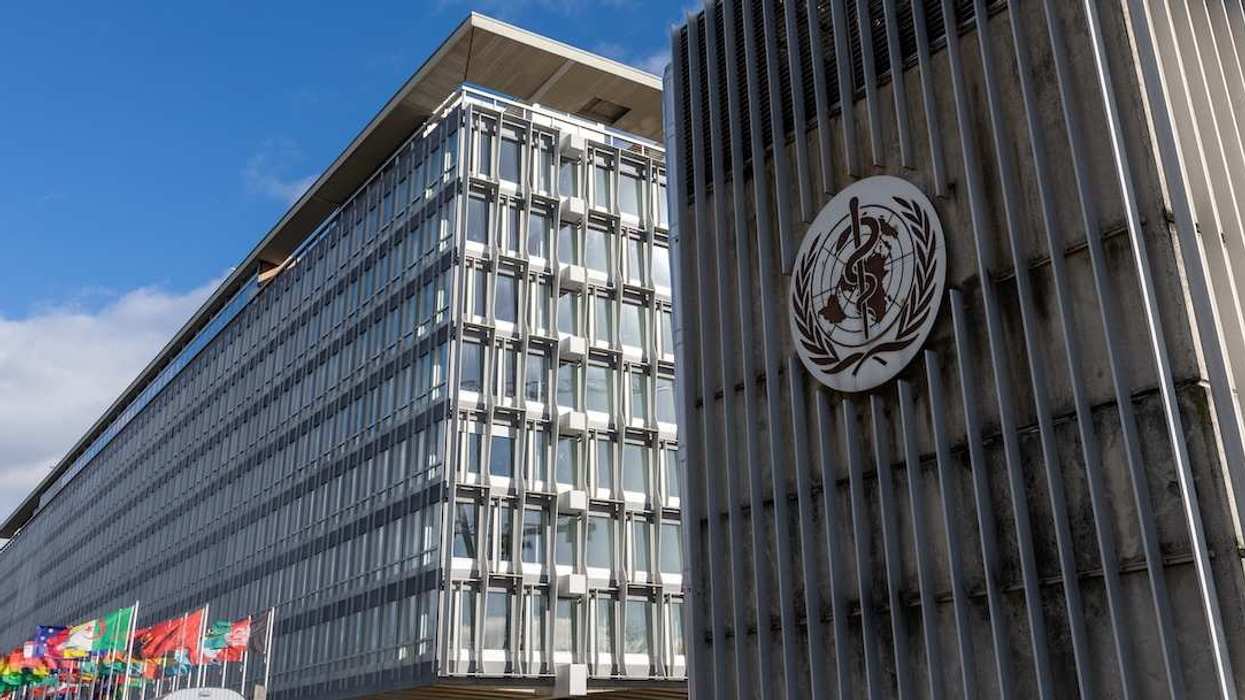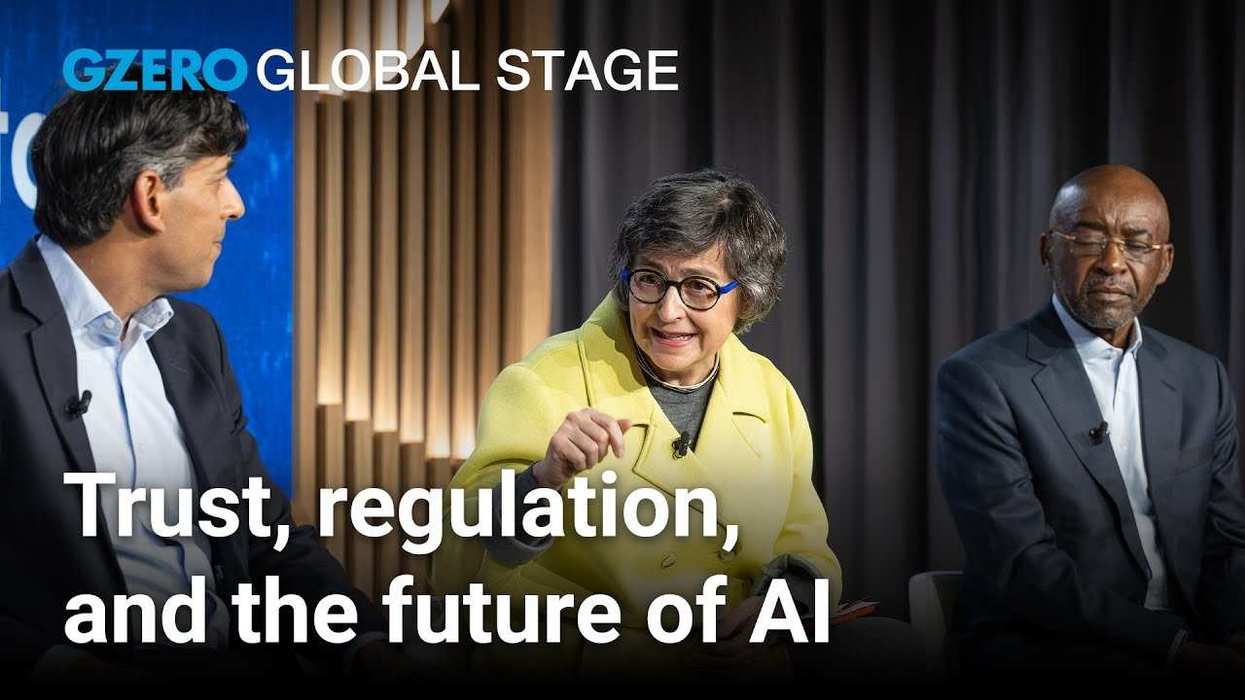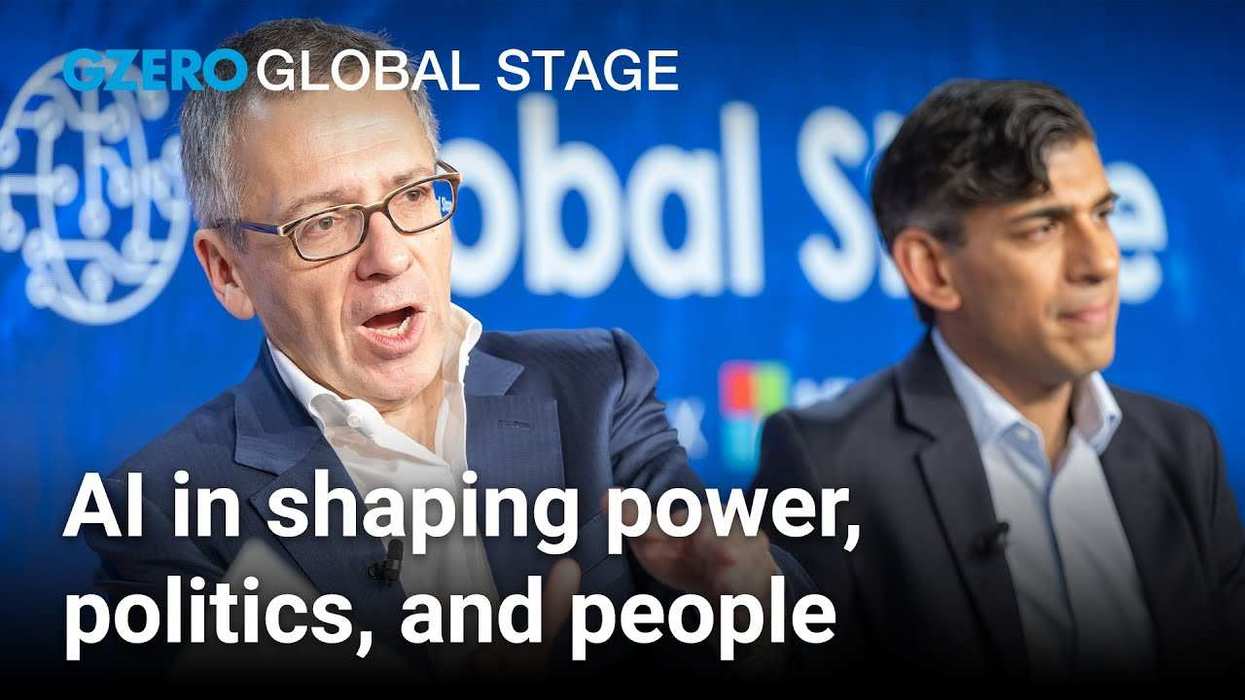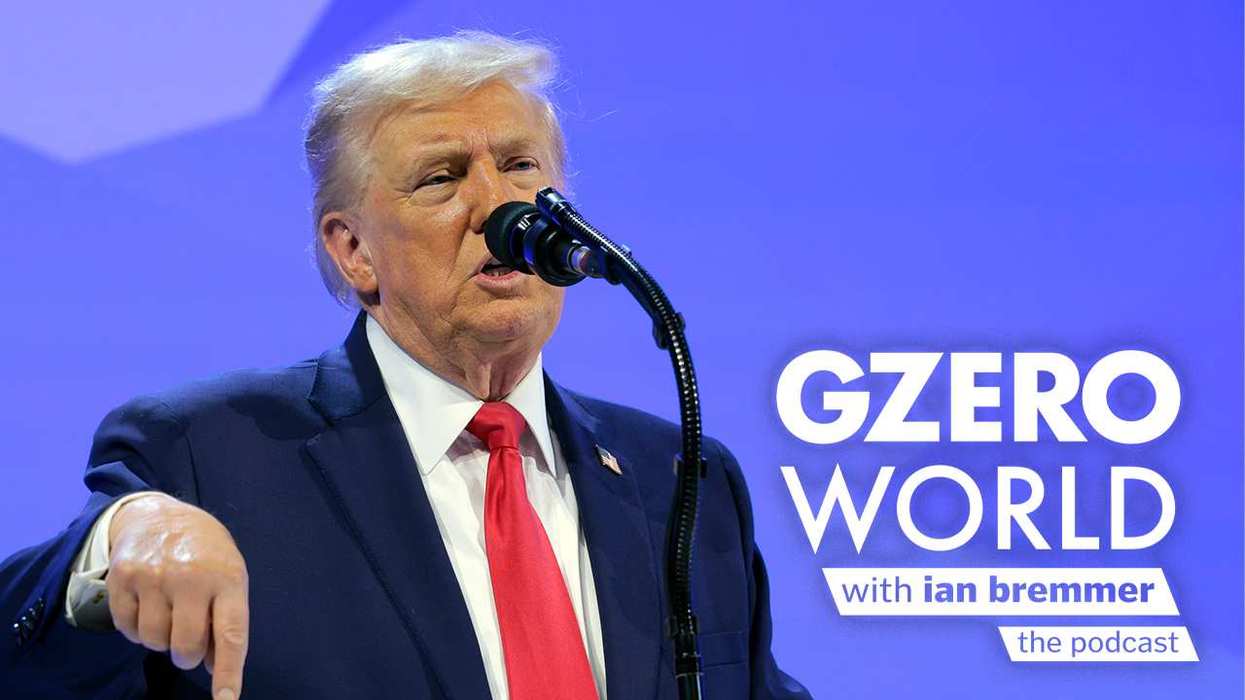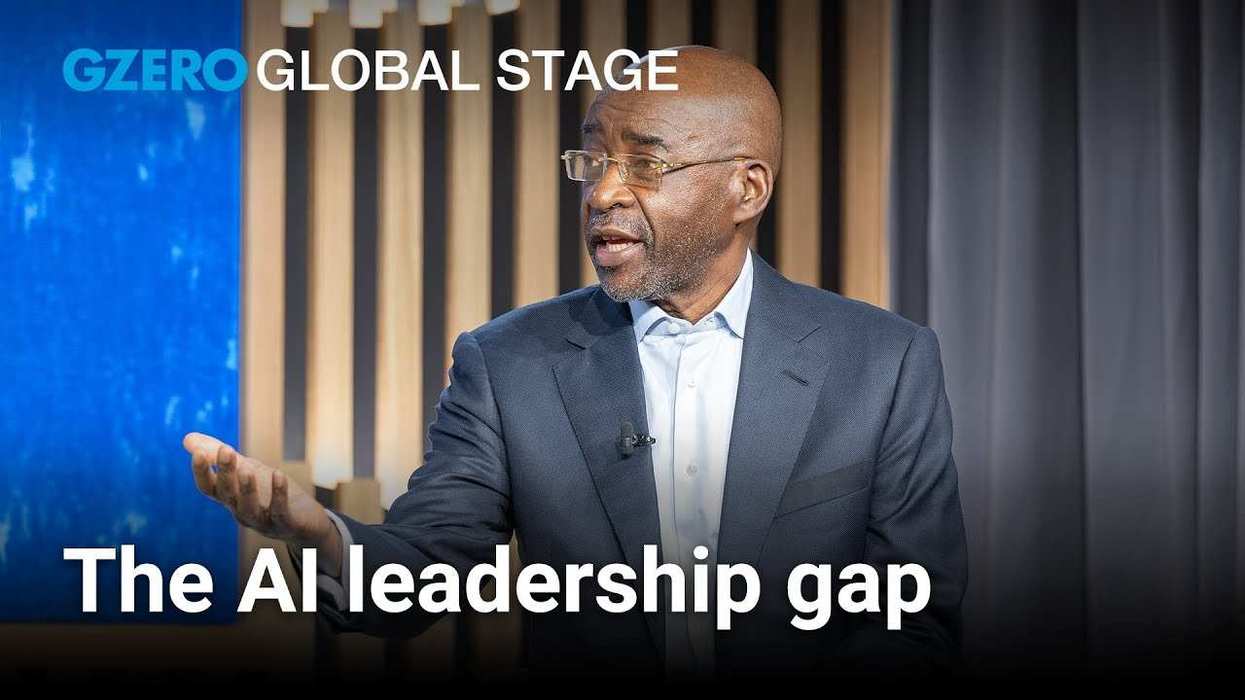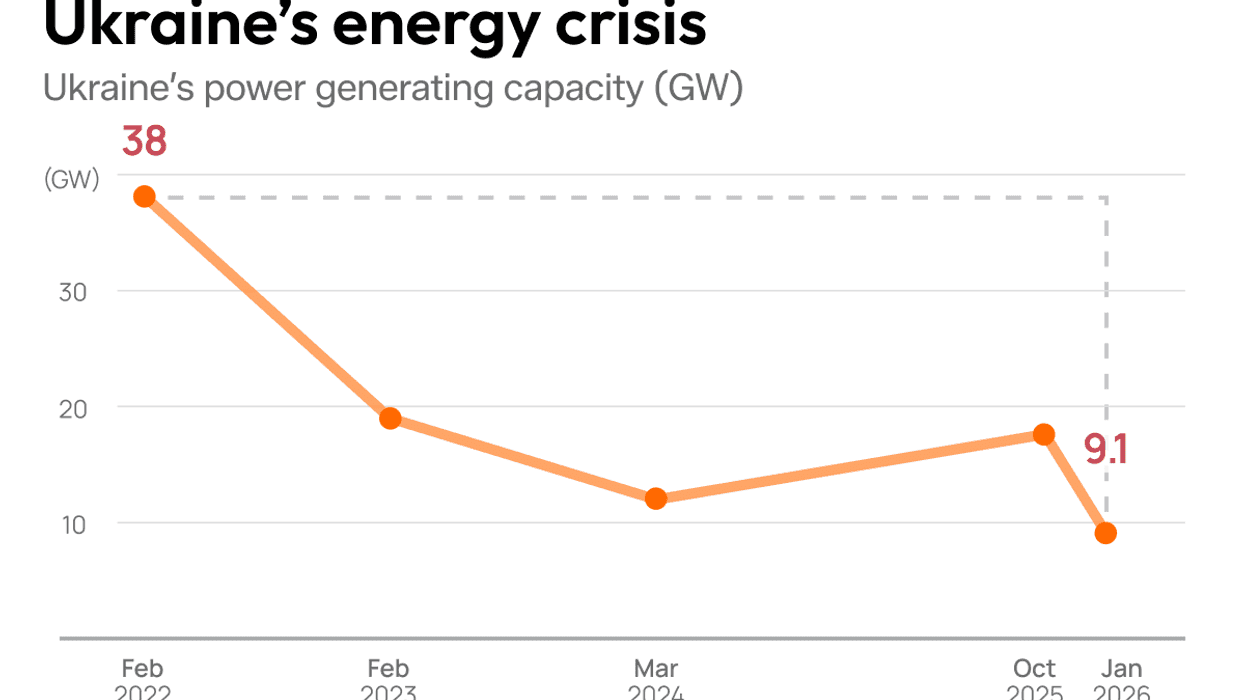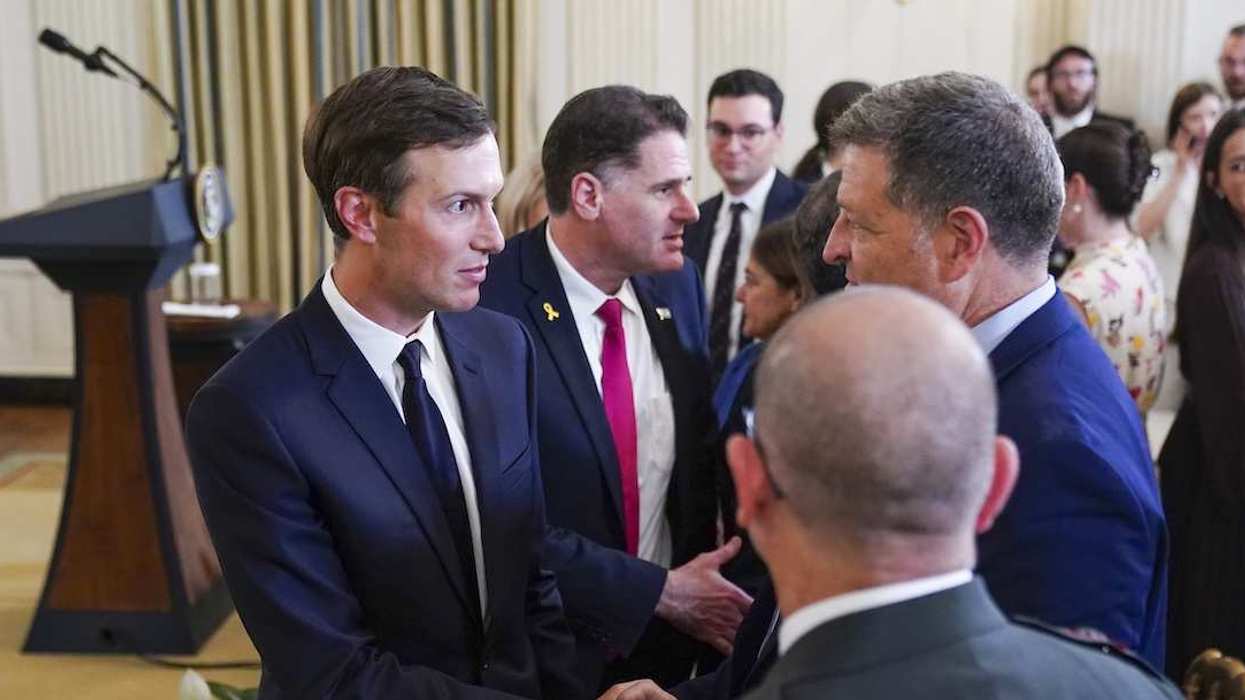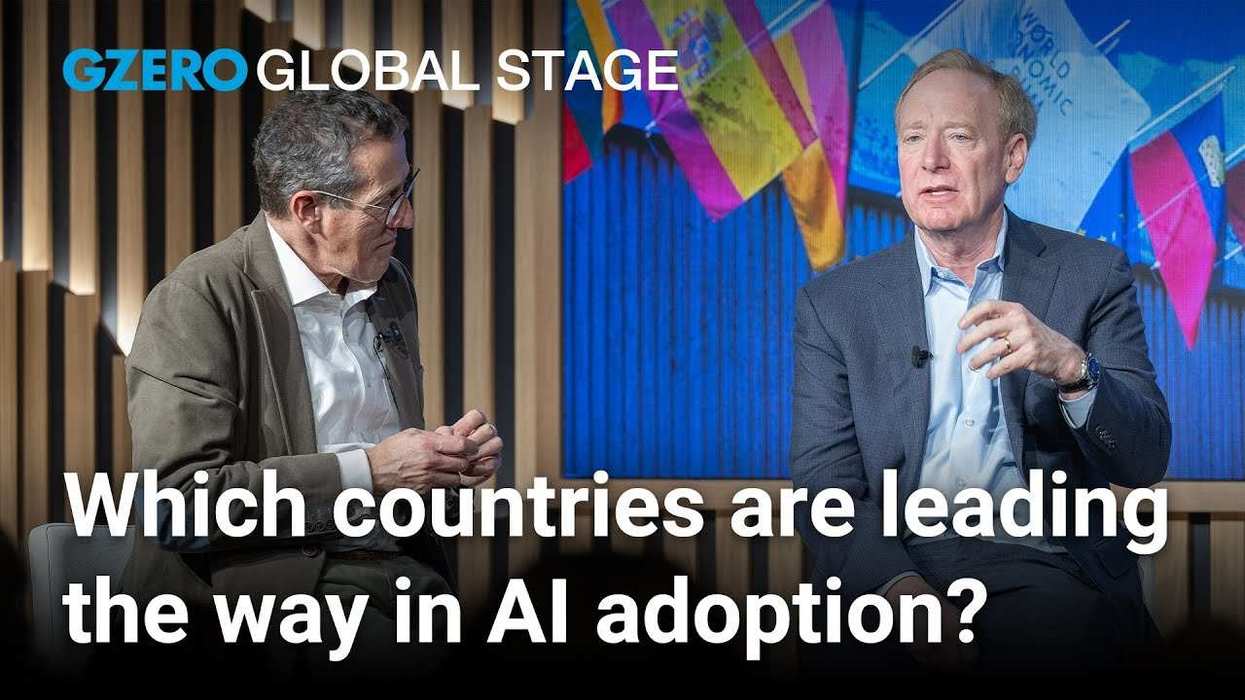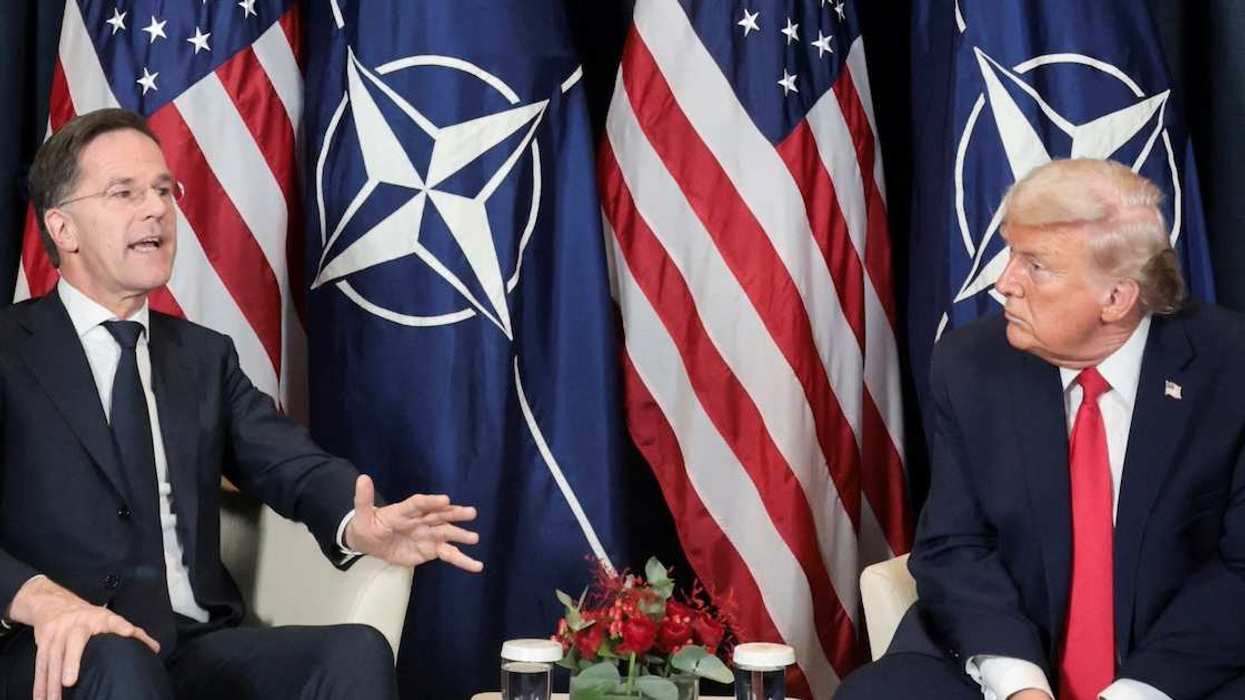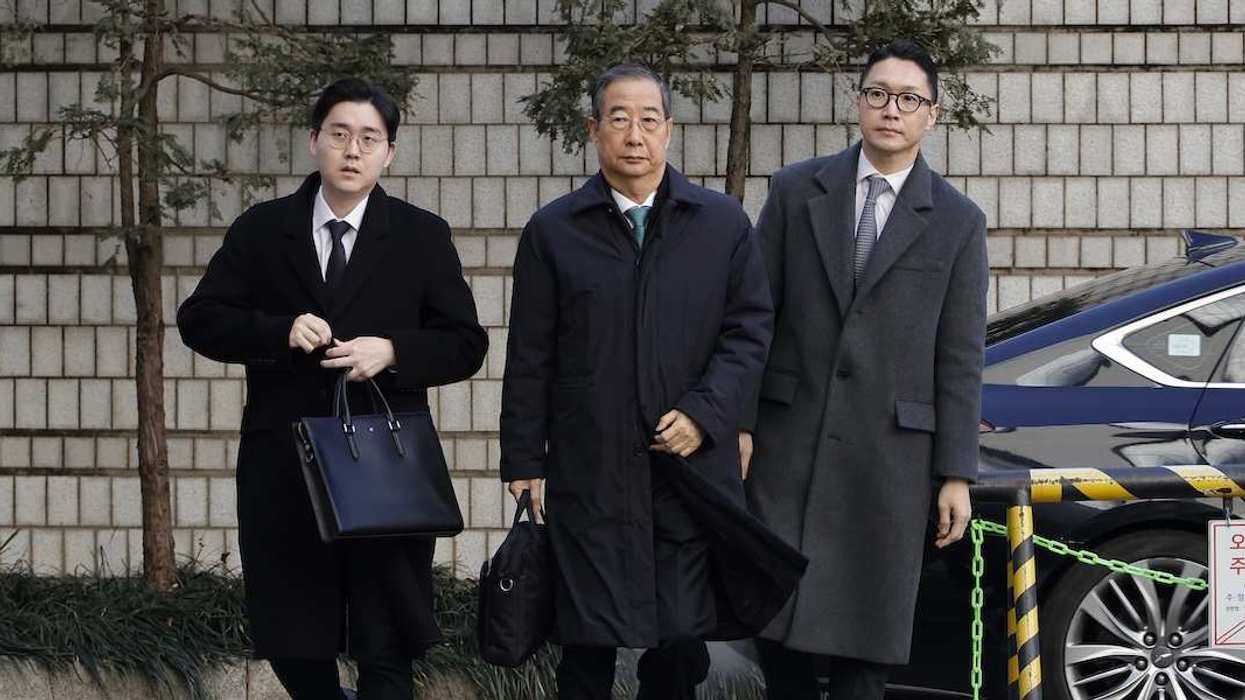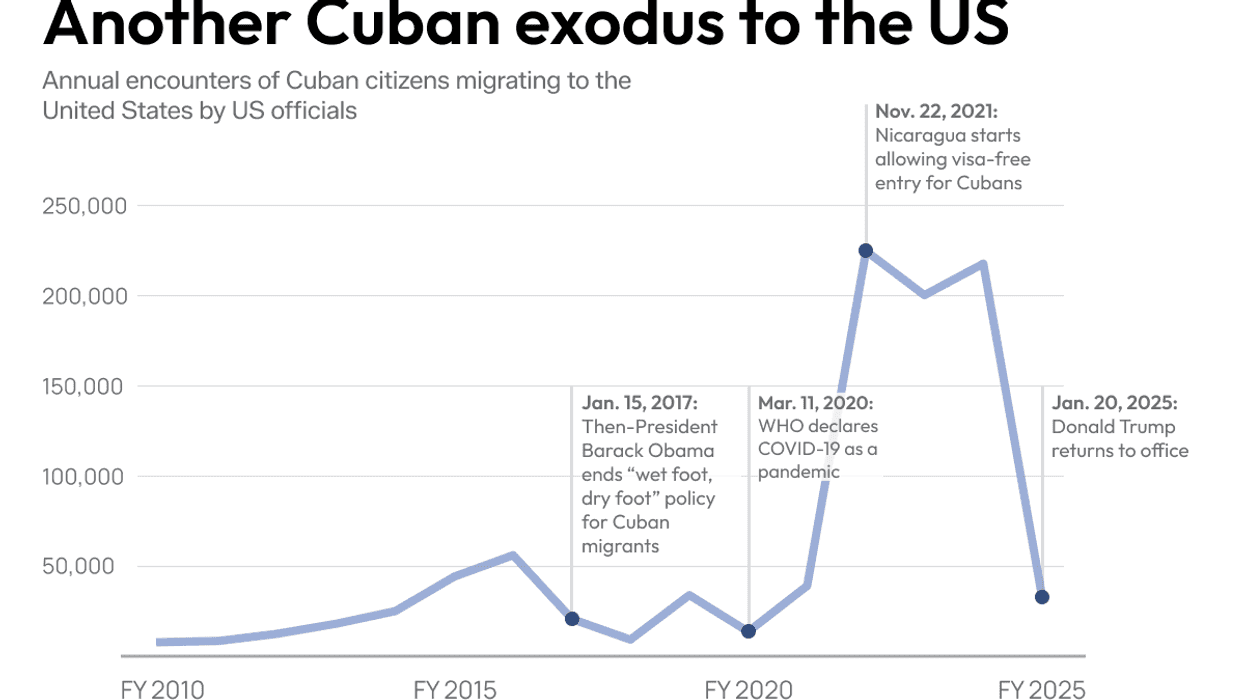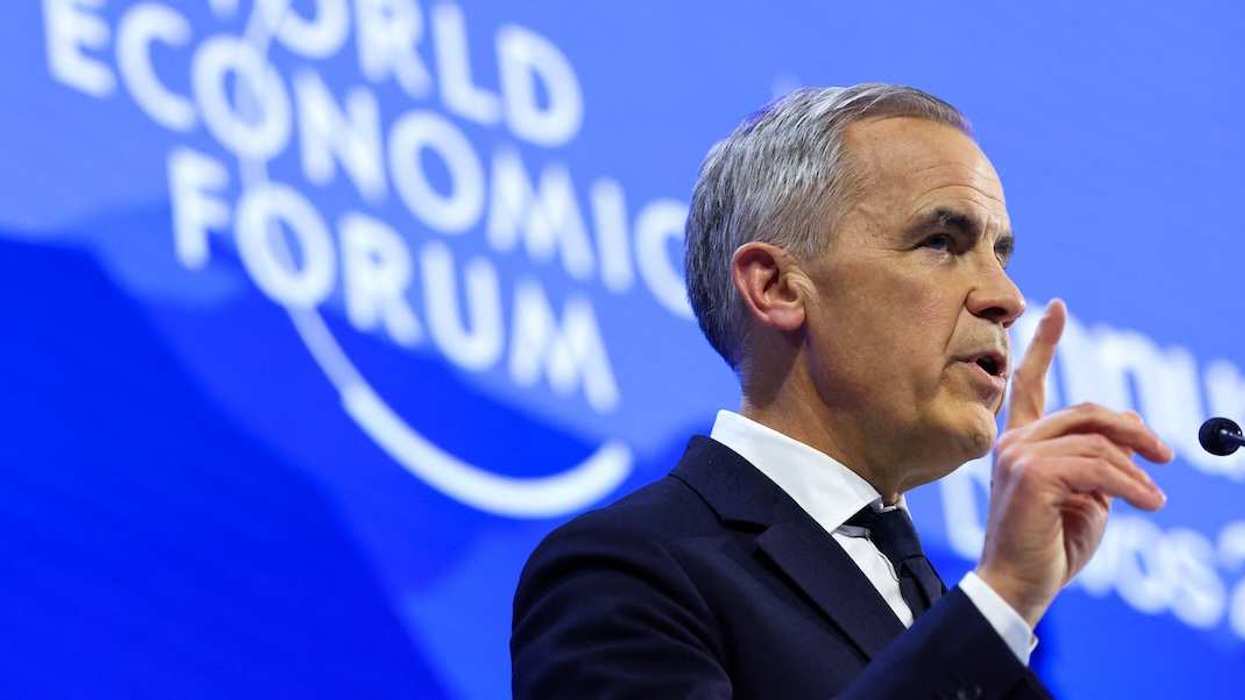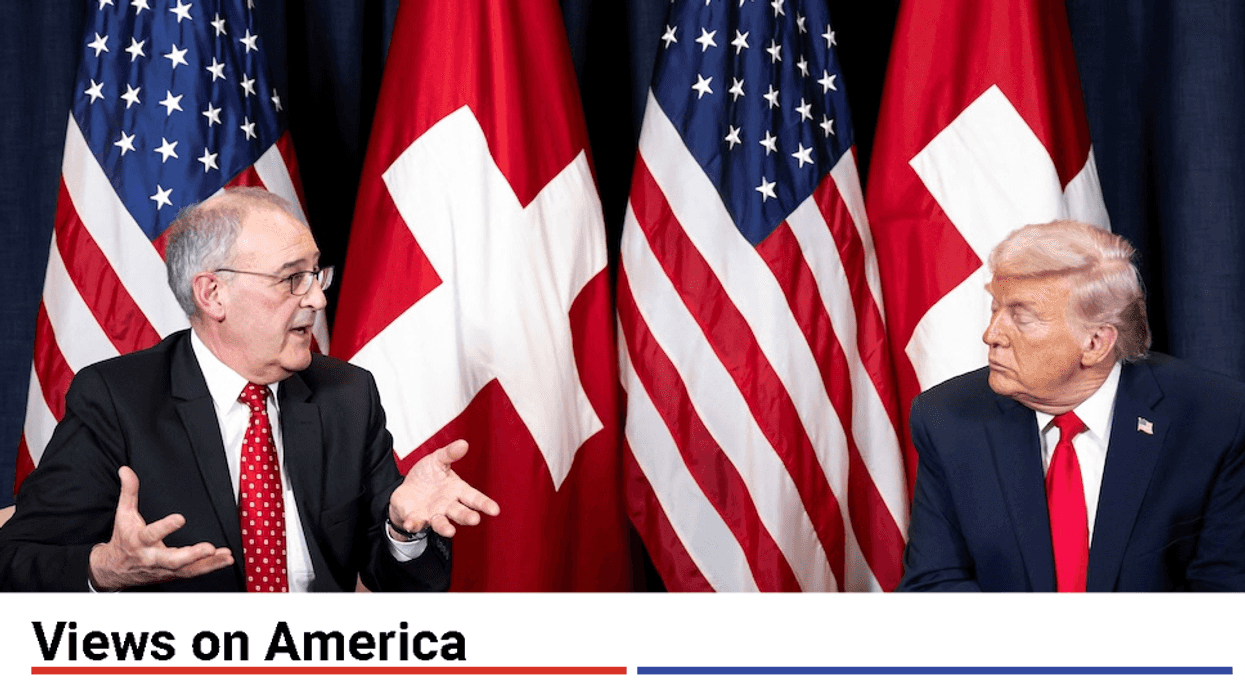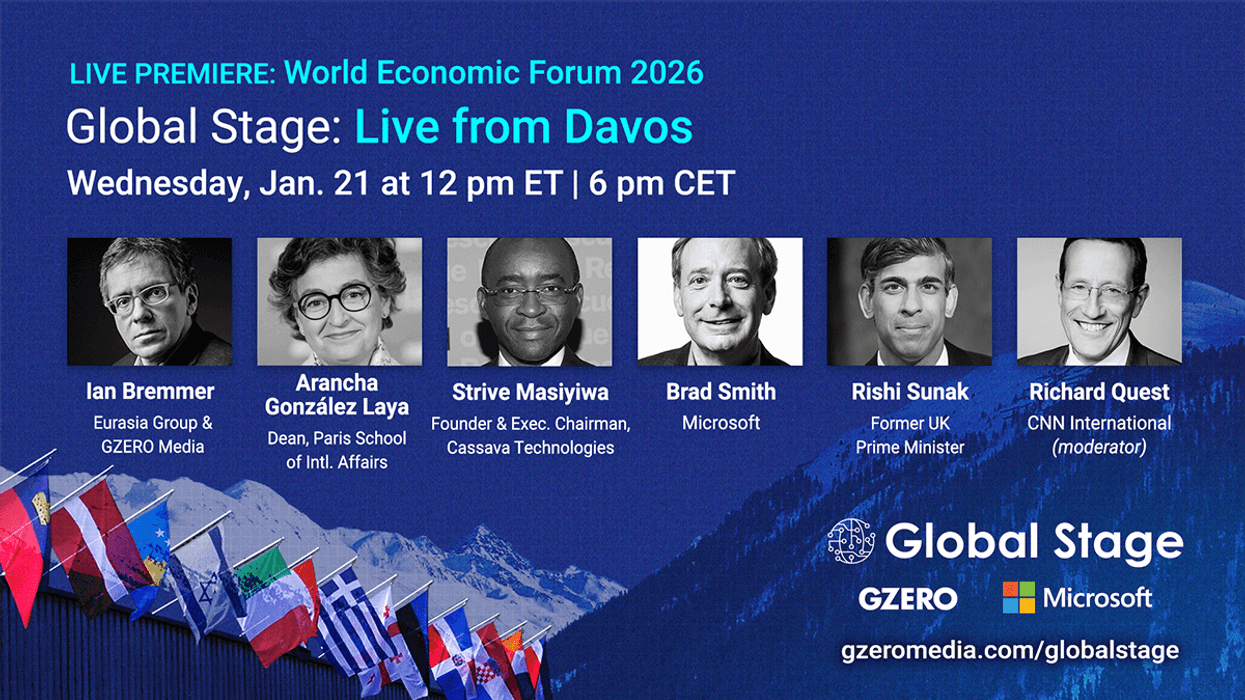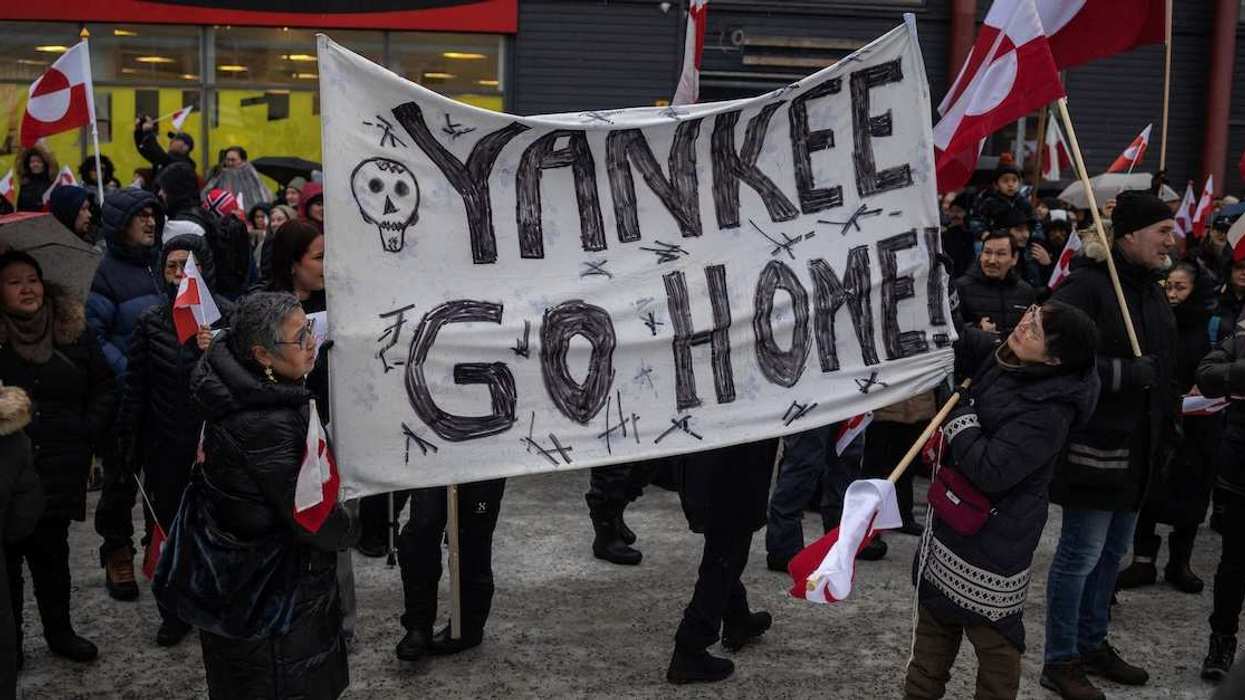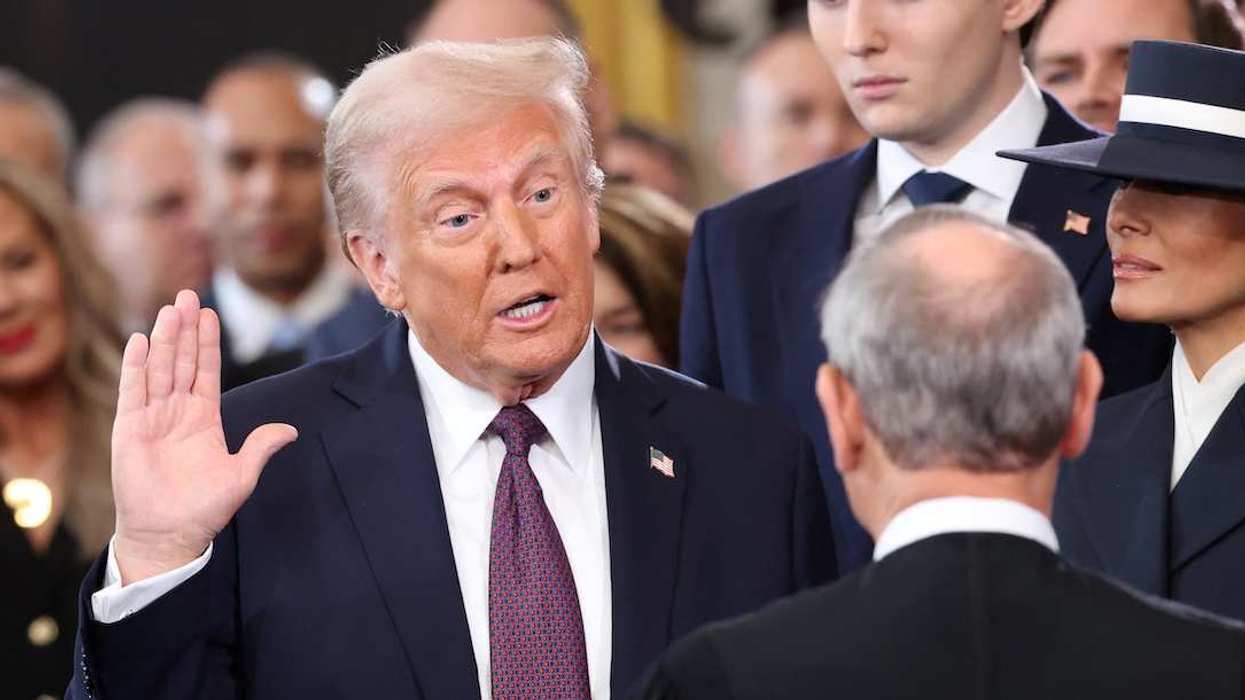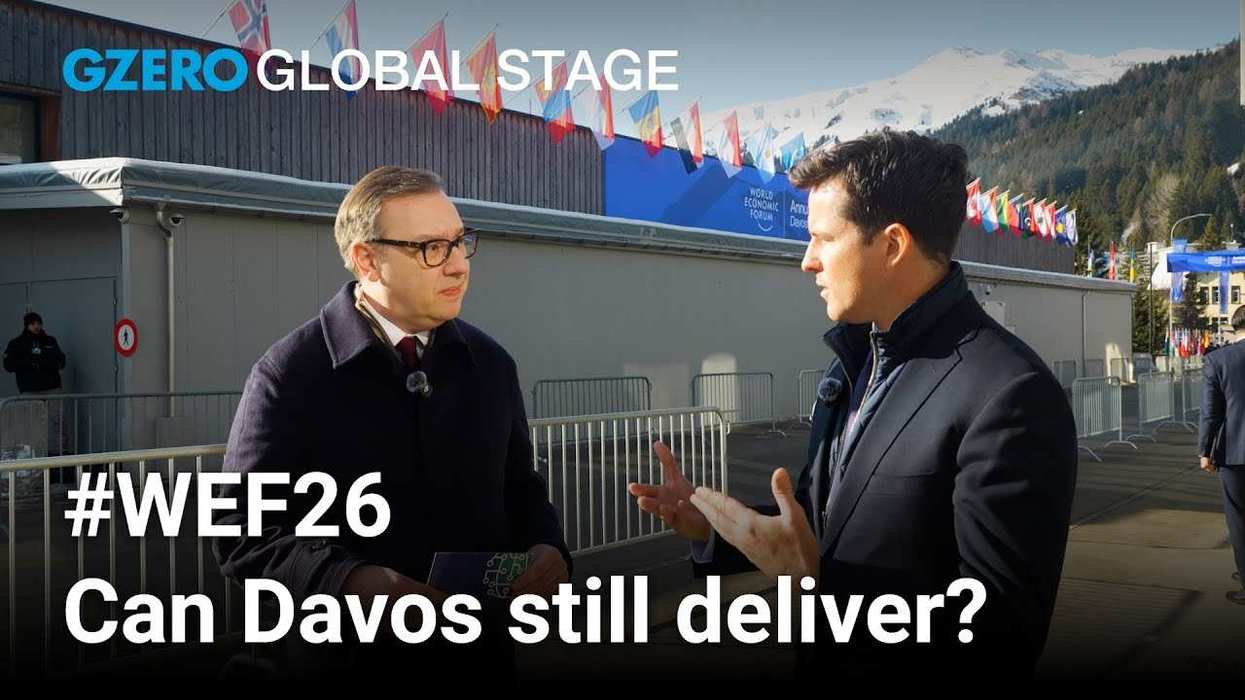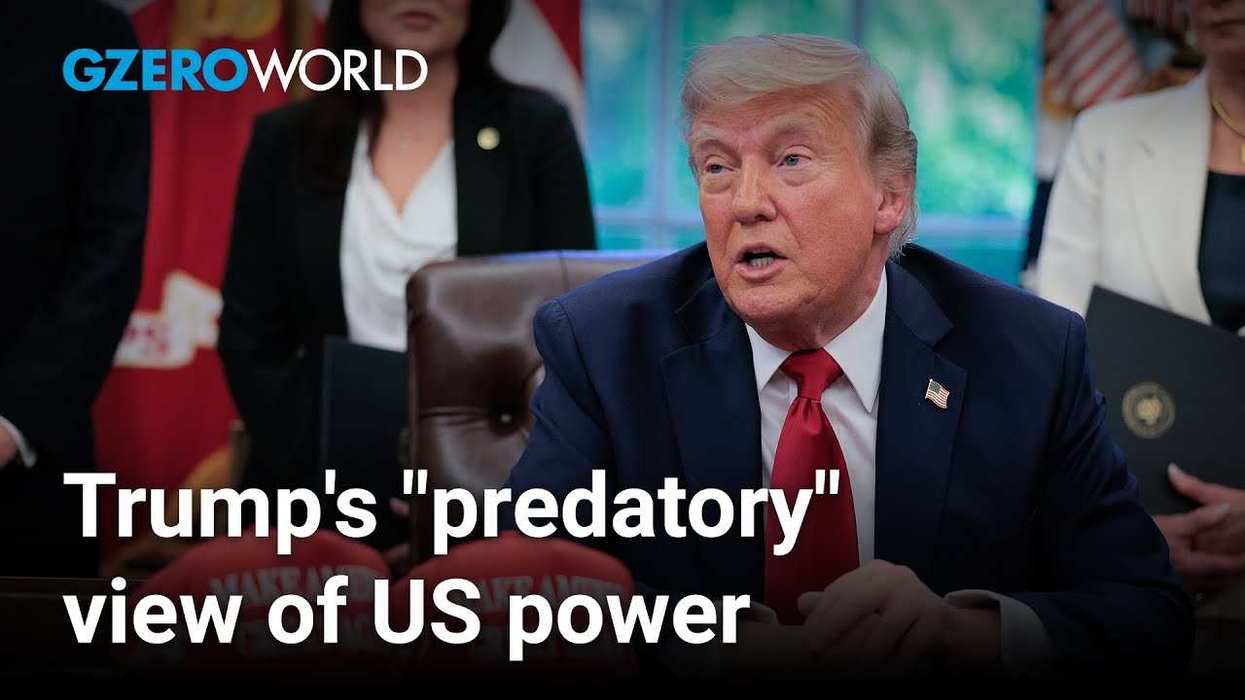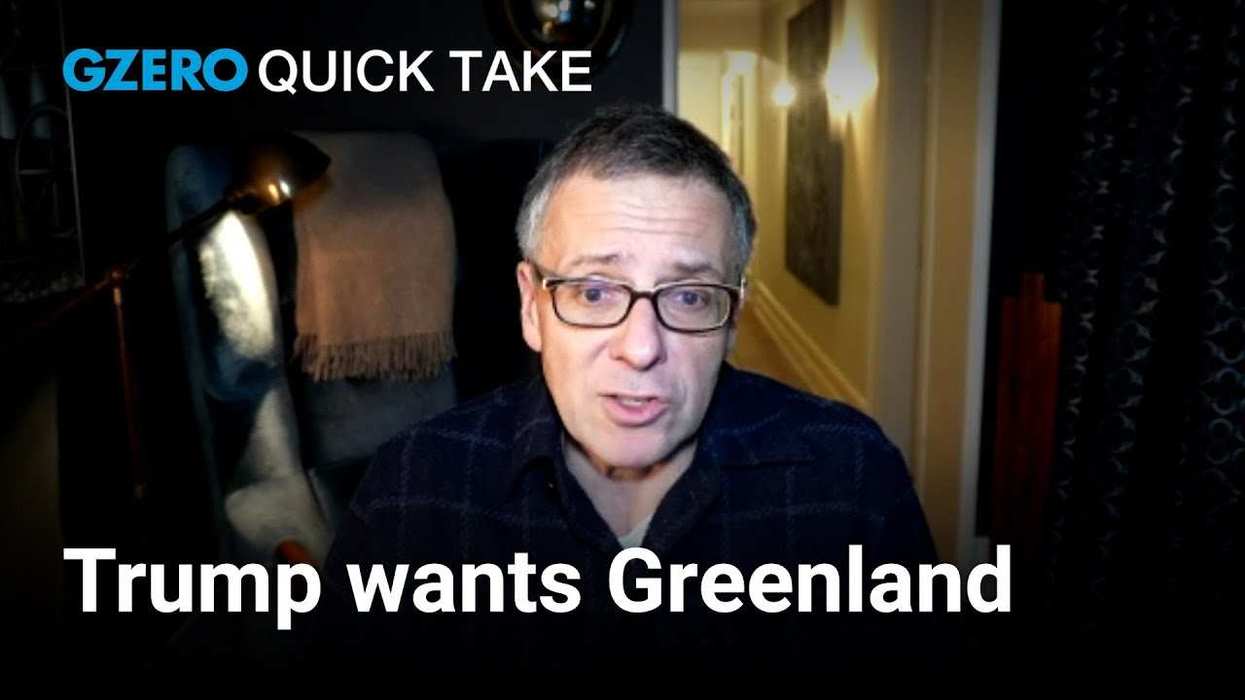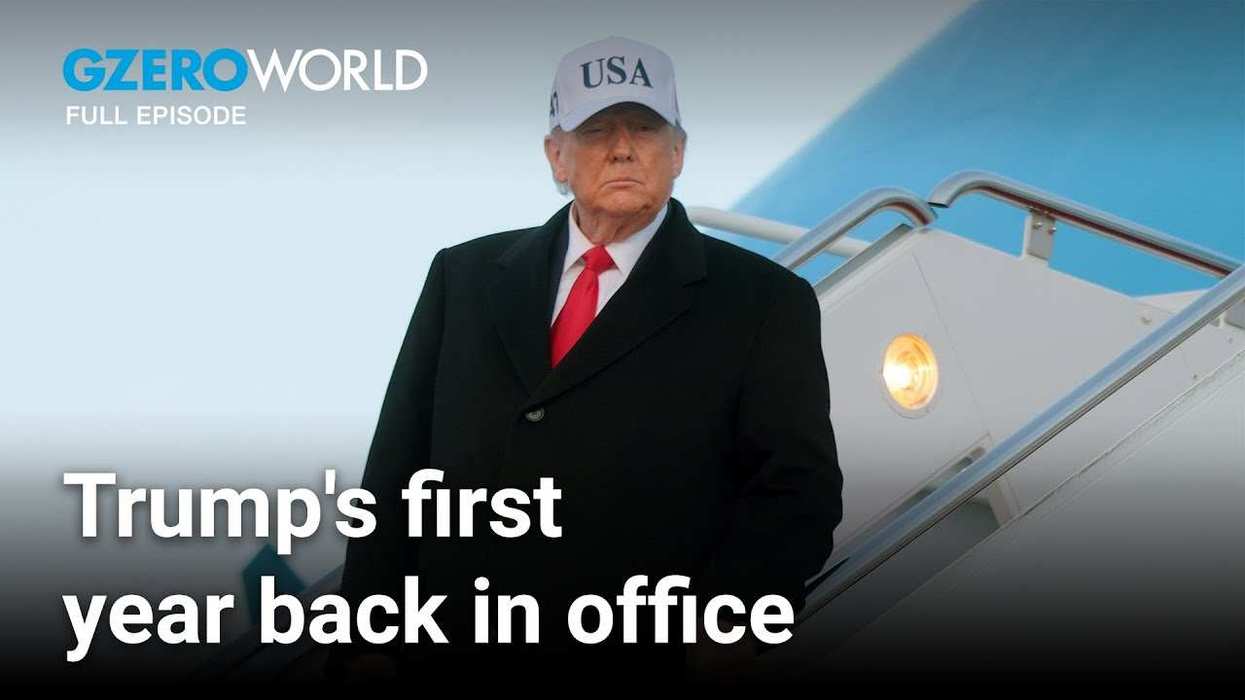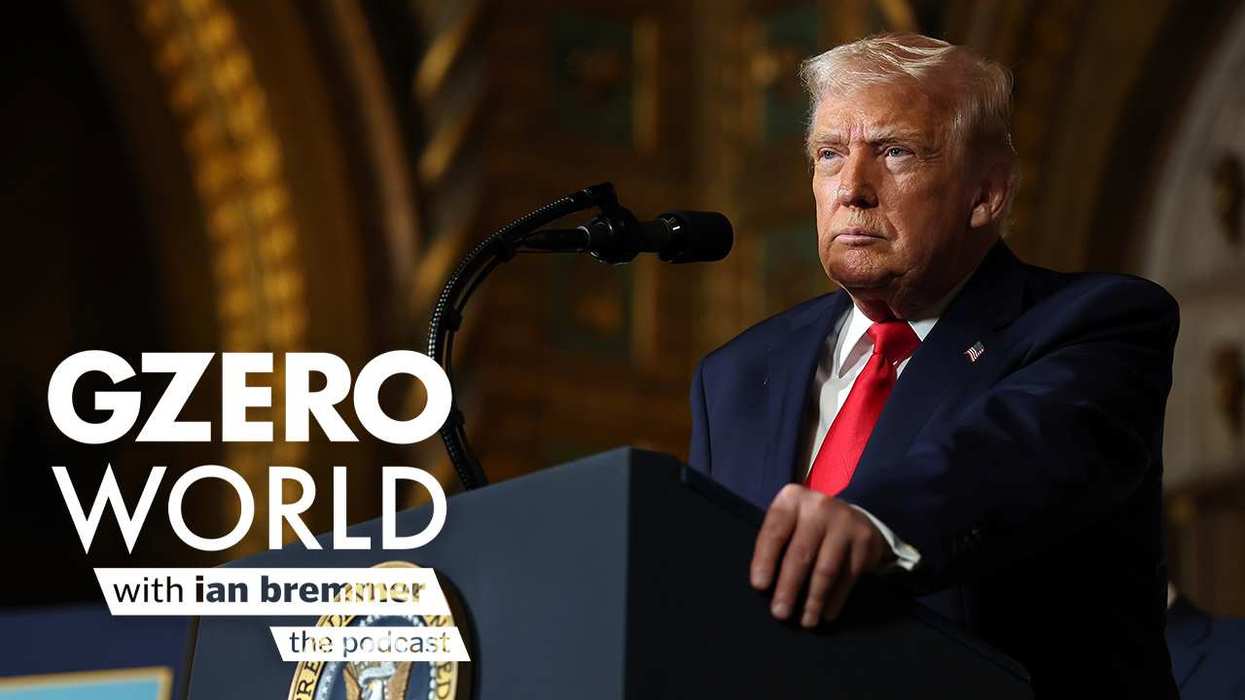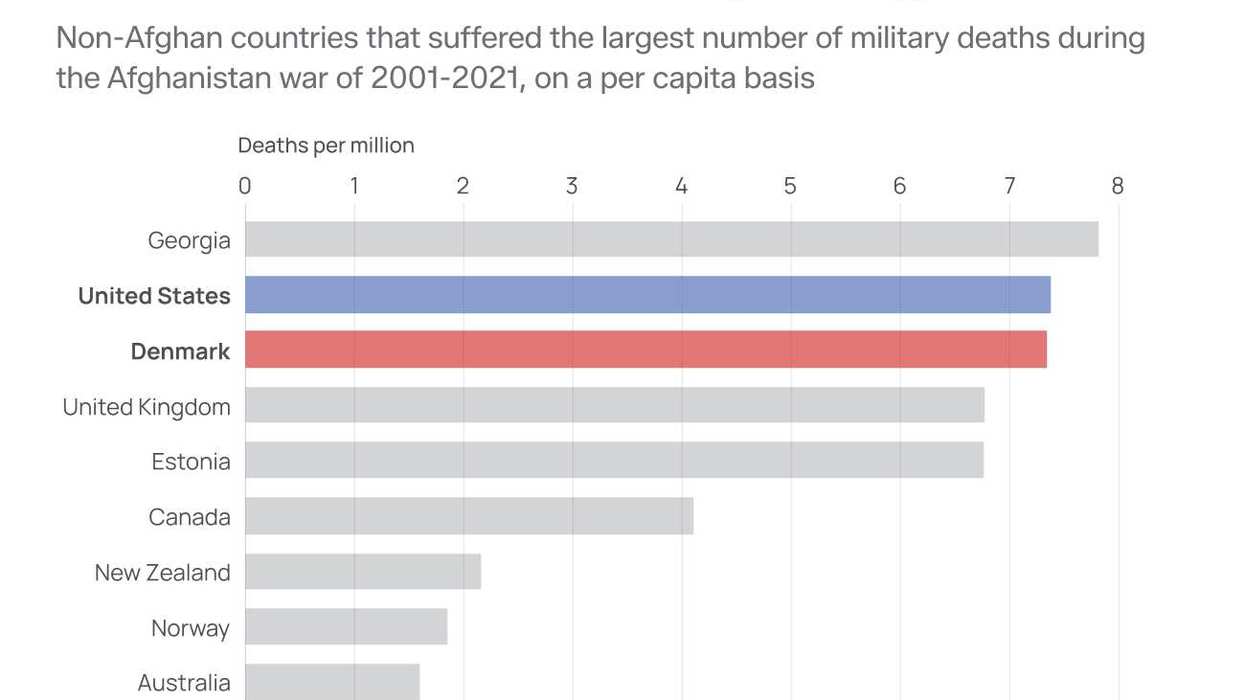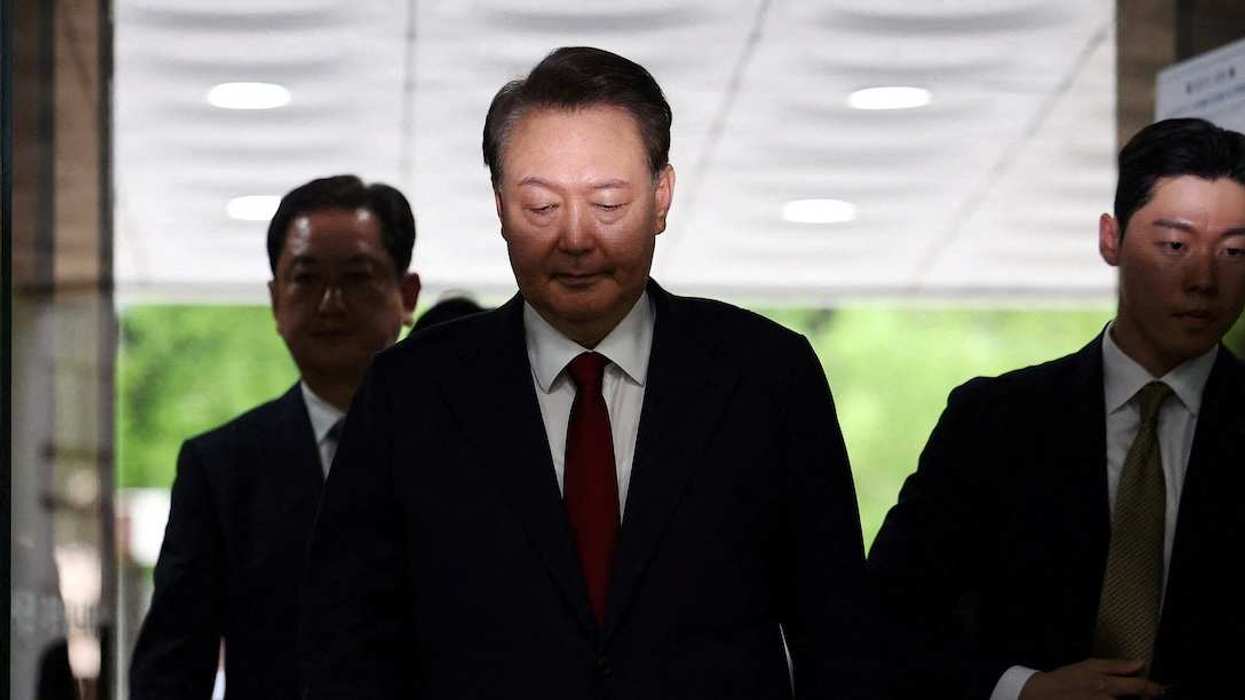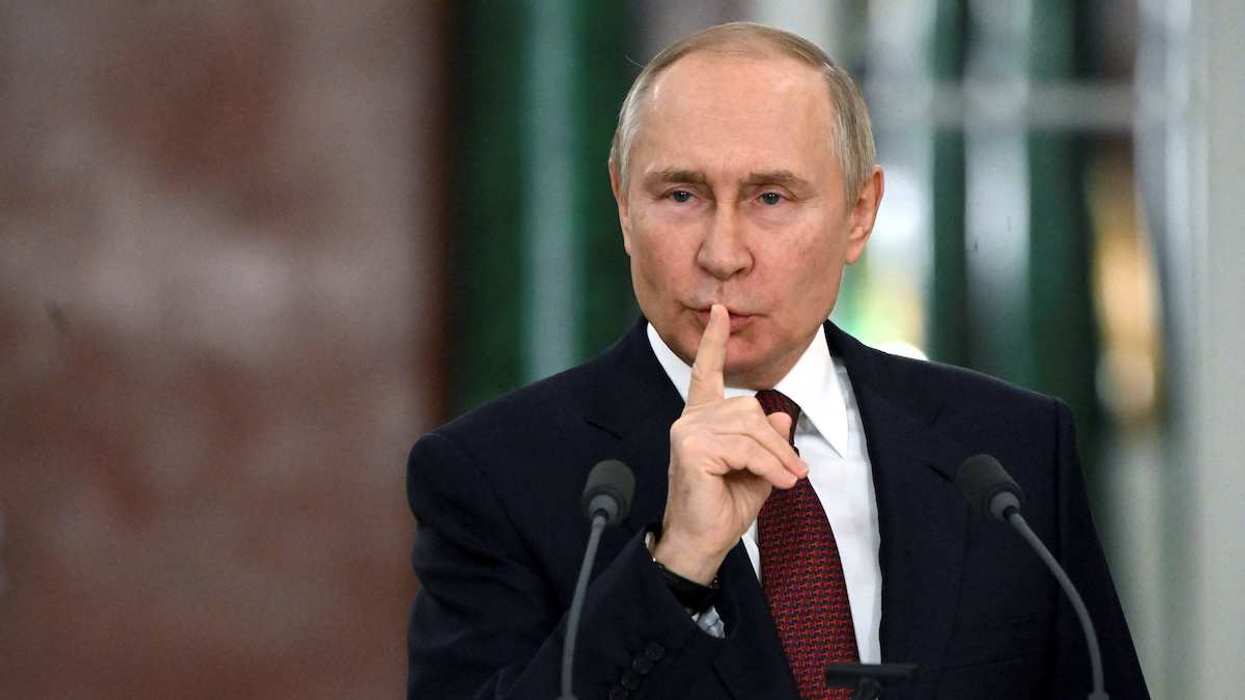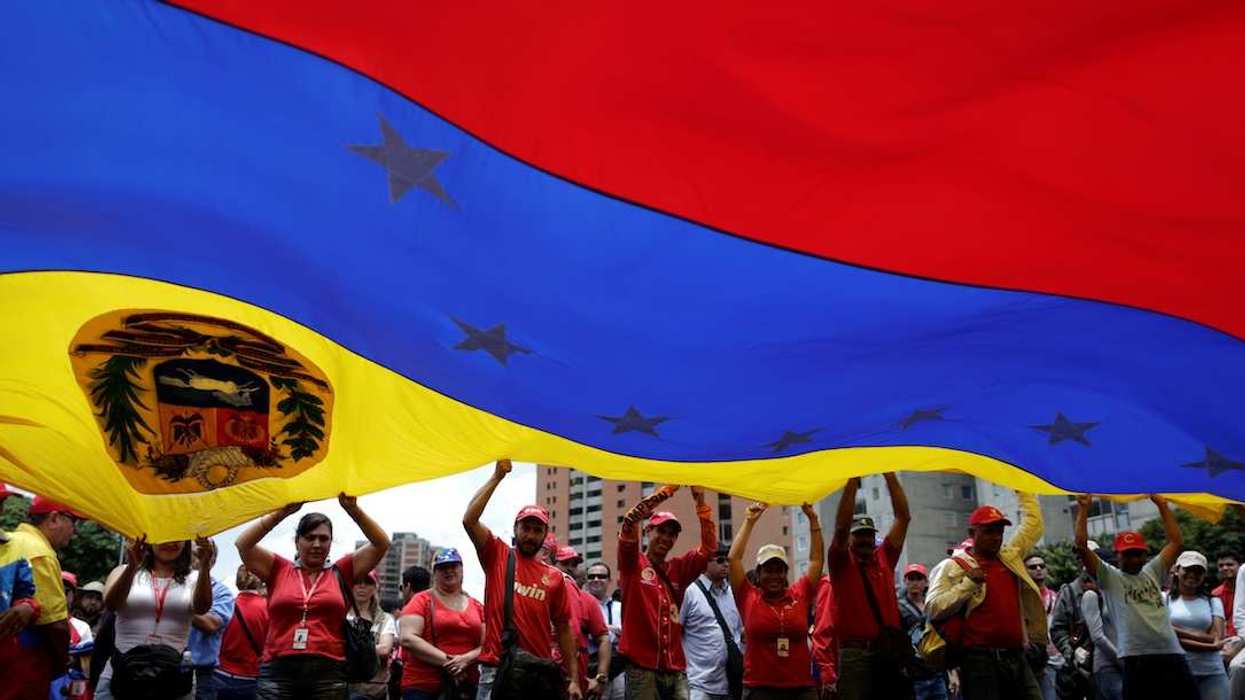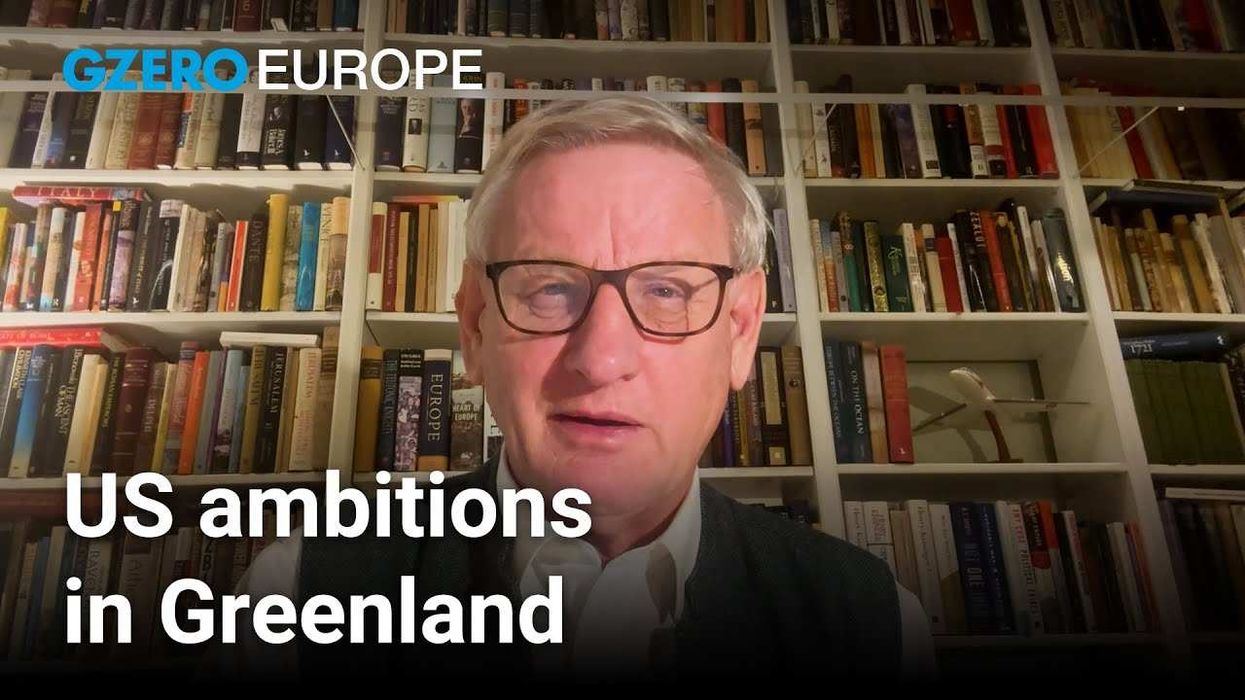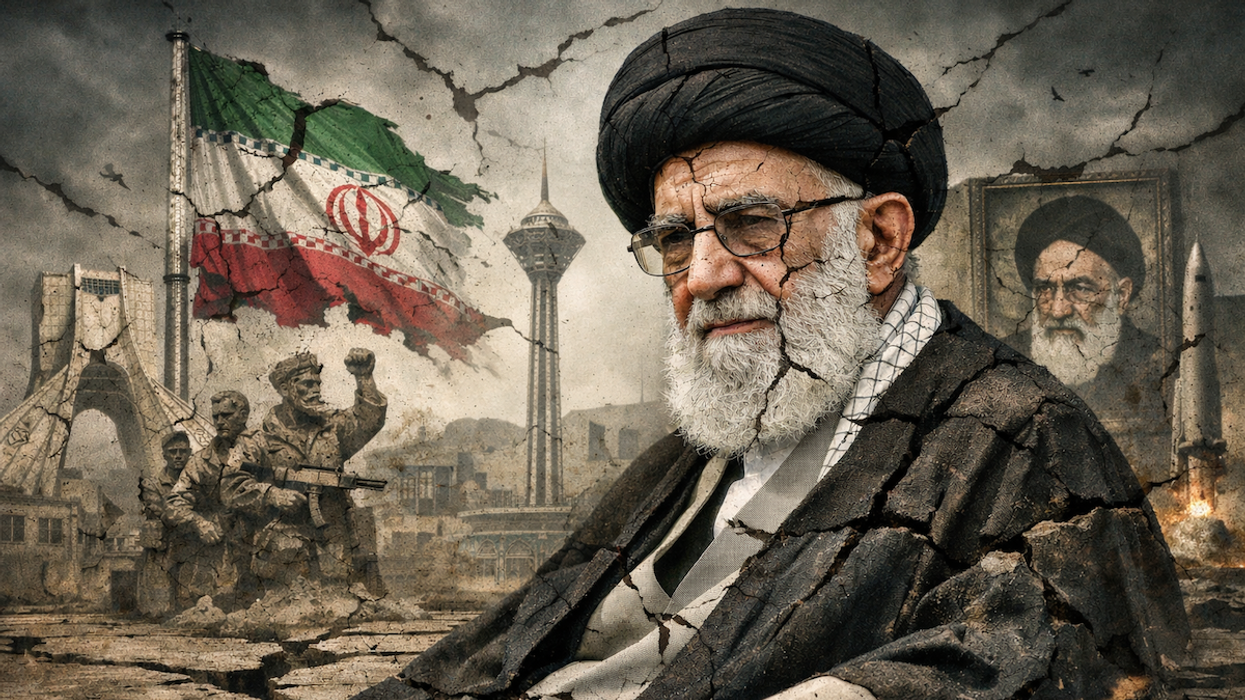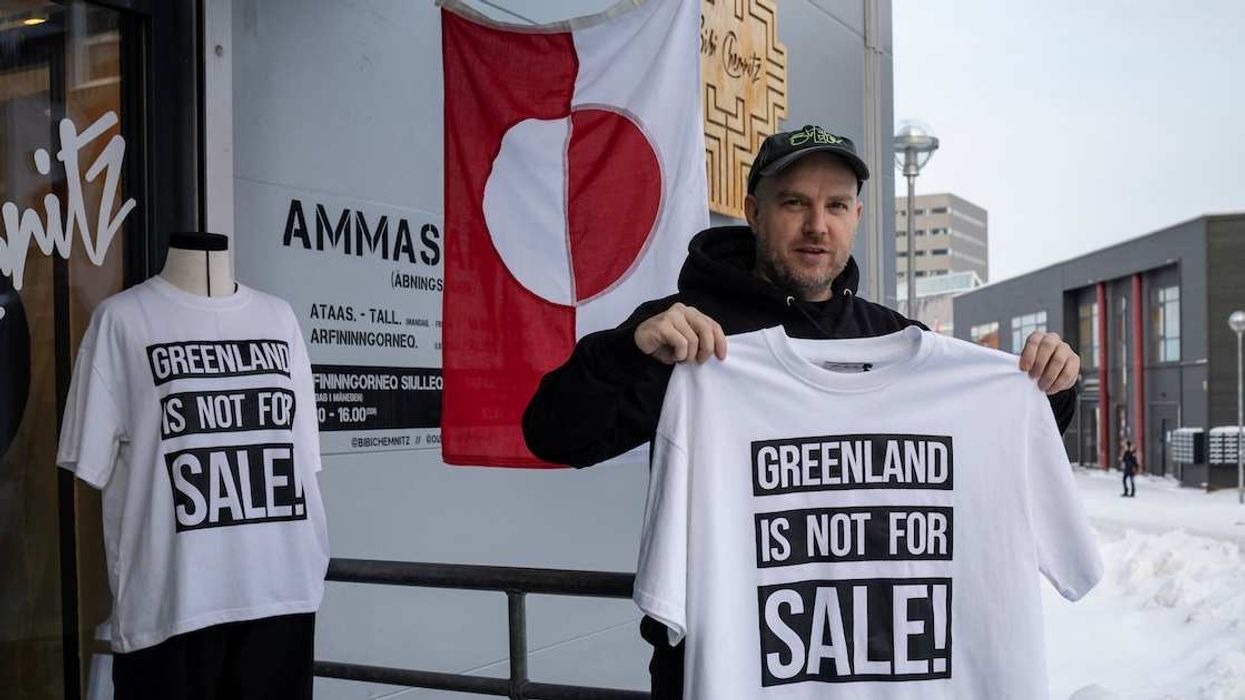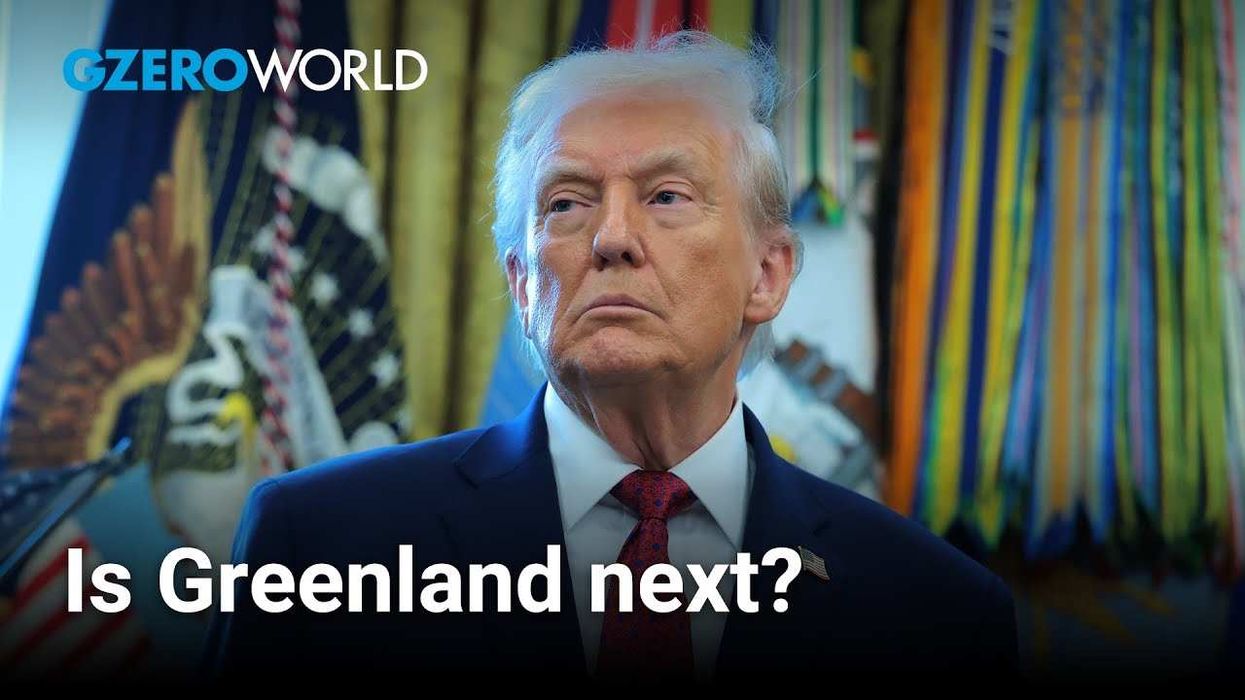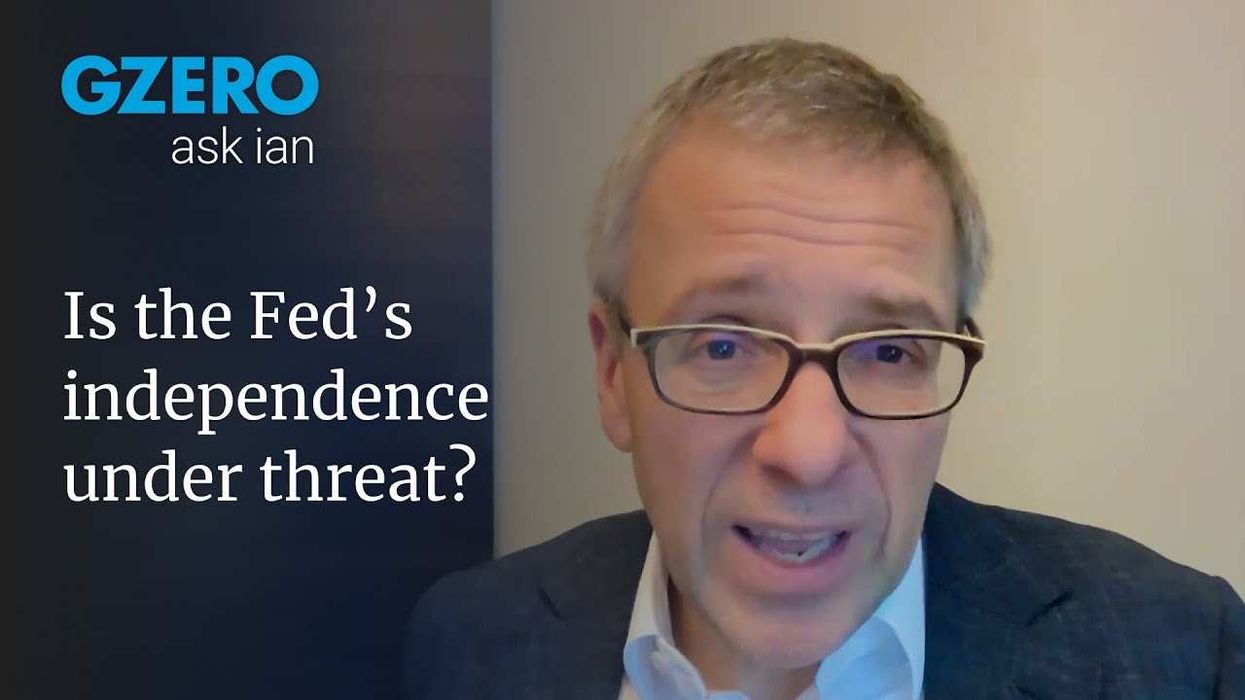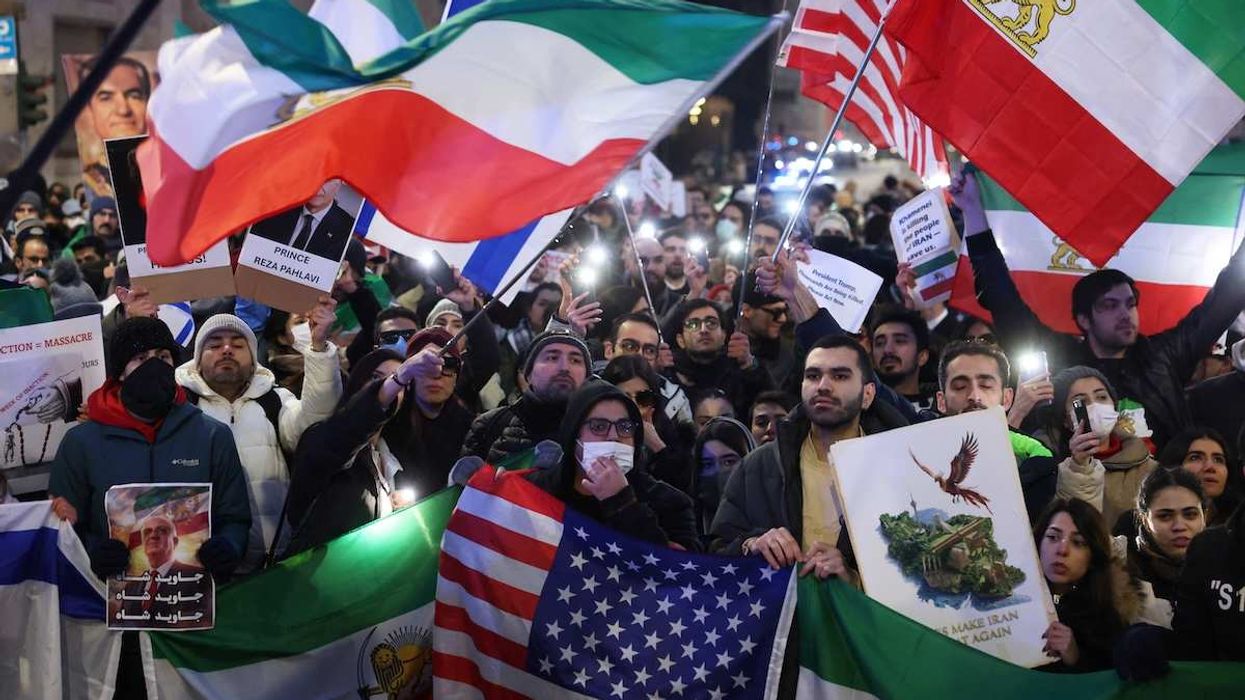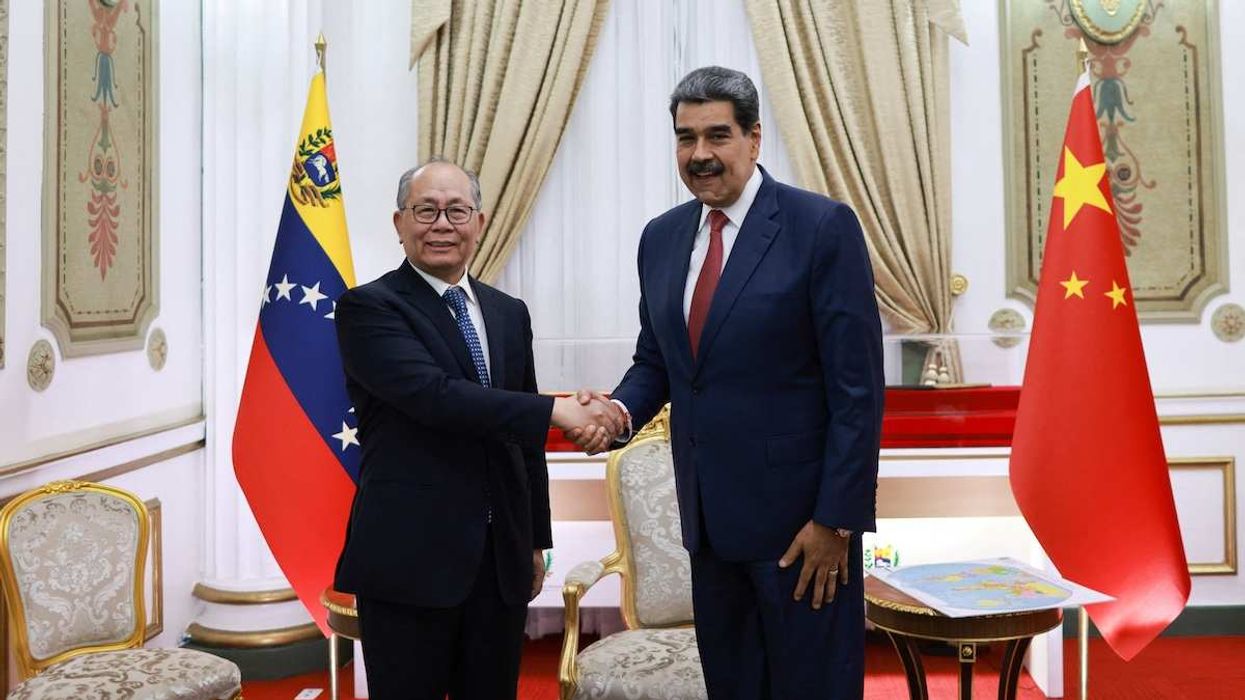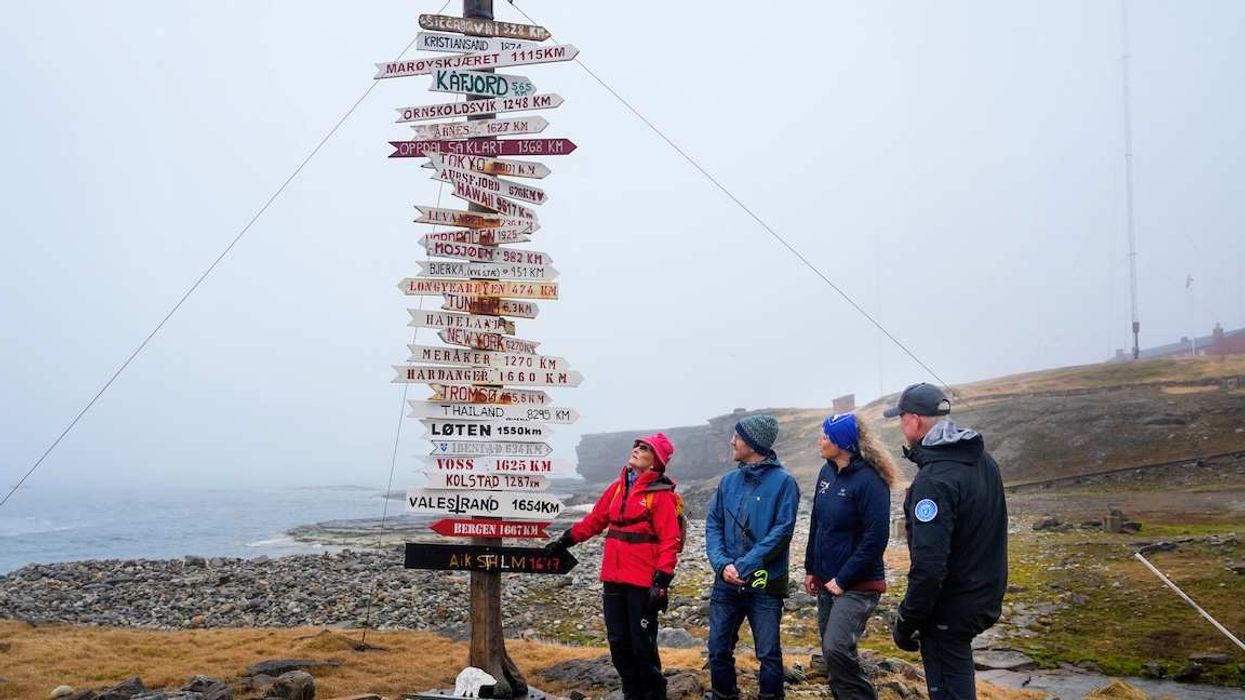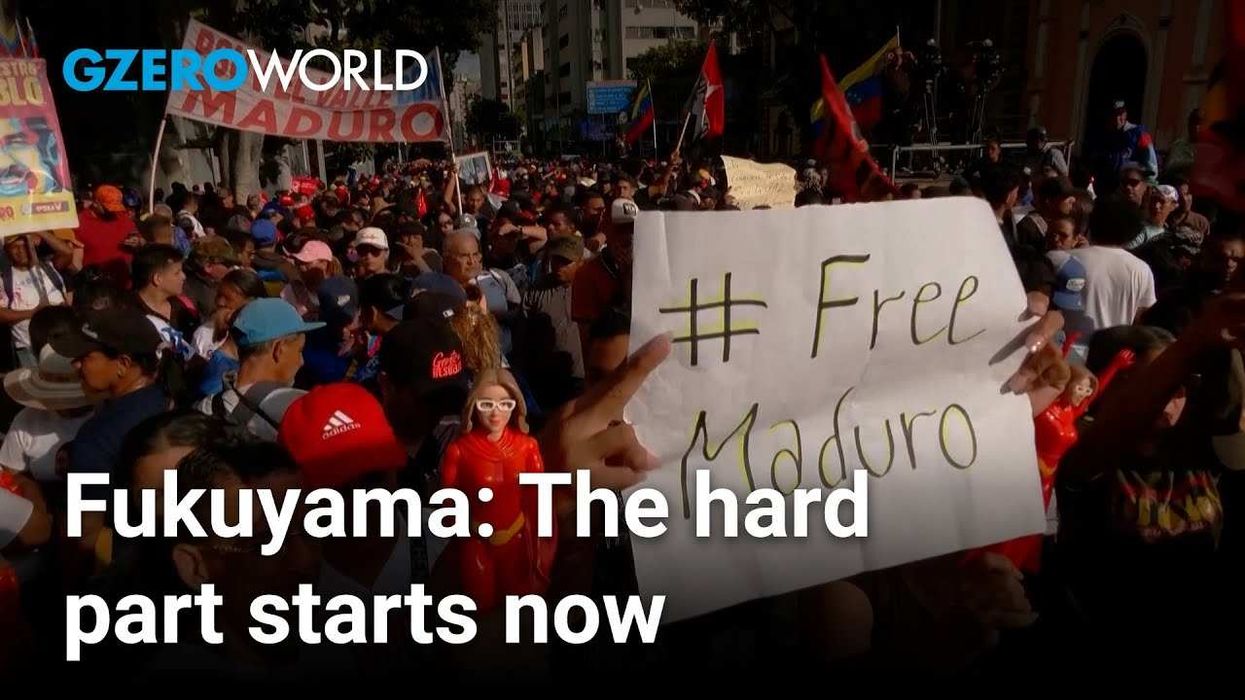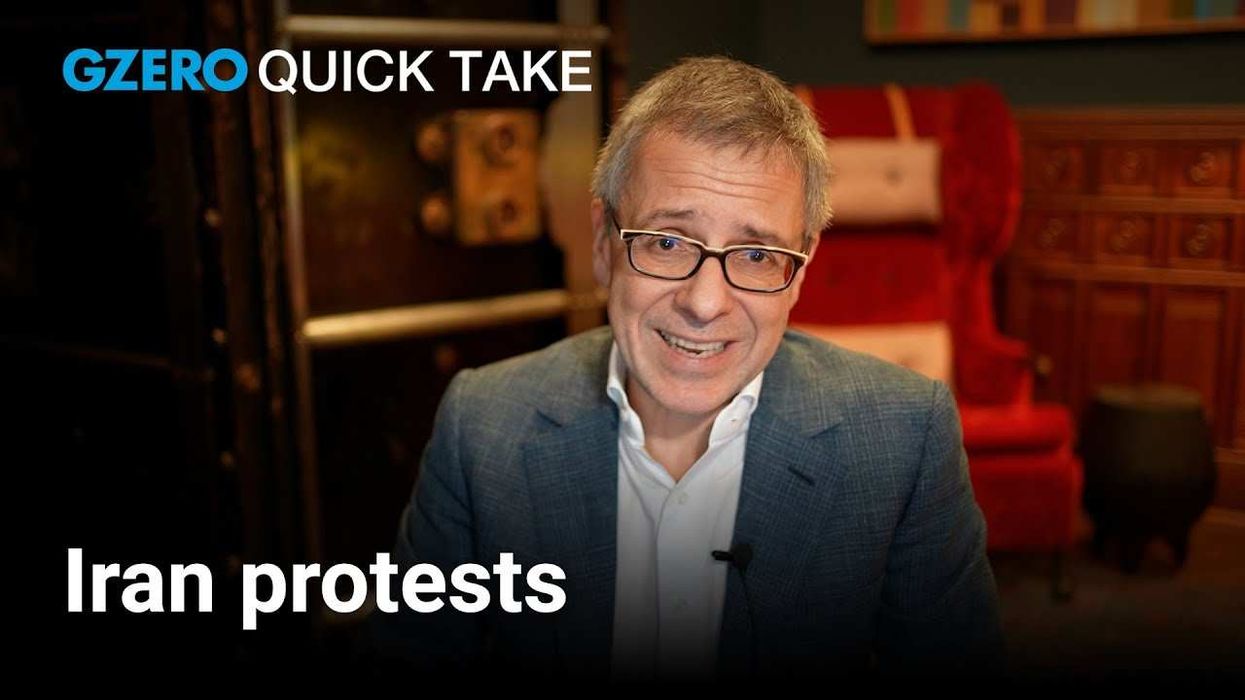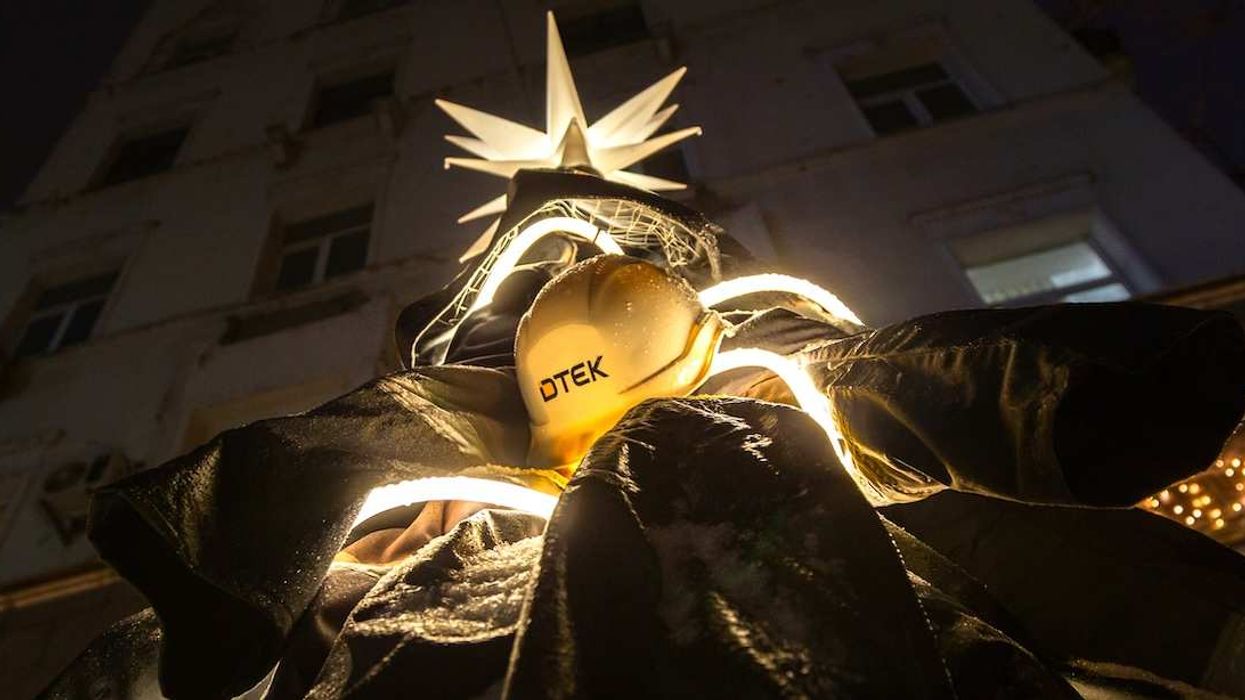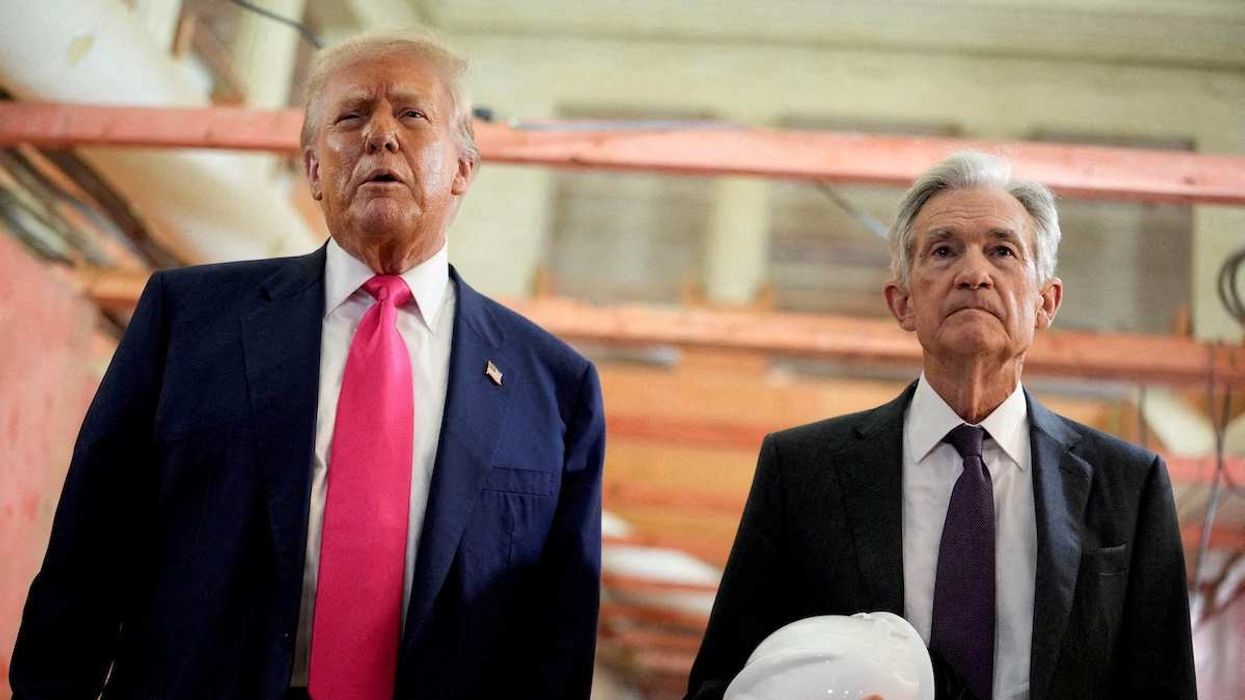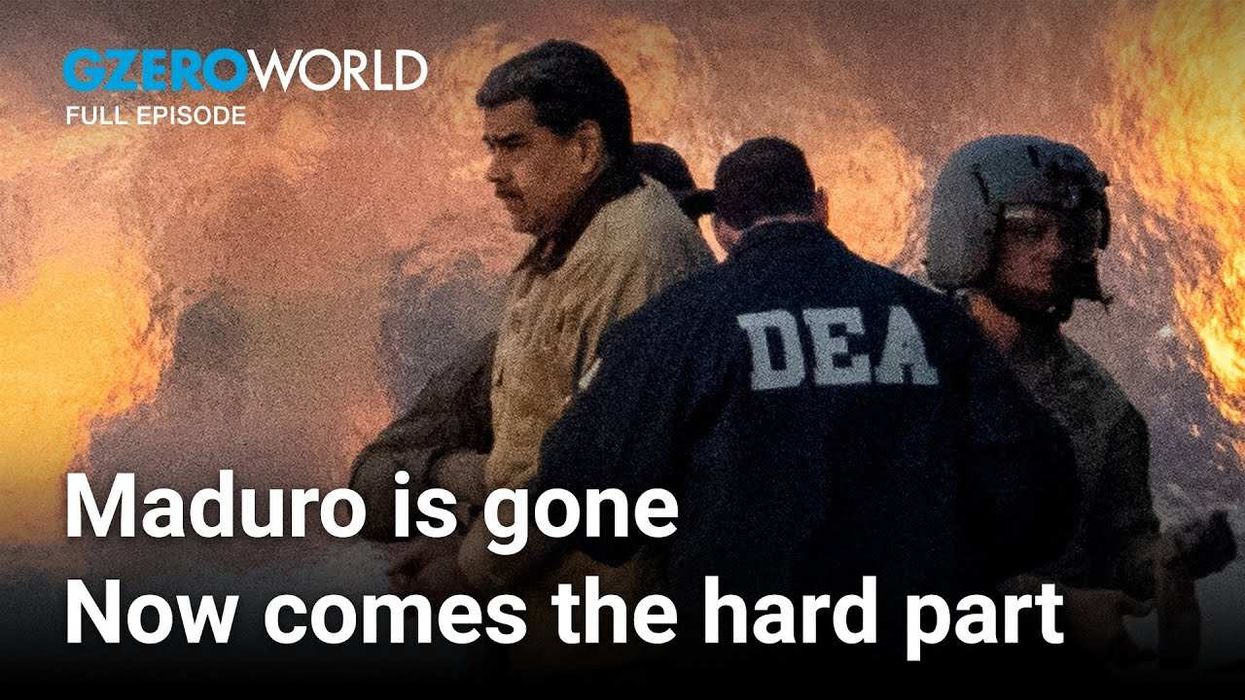VIDEOSGZERO World with Ian BremmerQuick TakePUPPET REGIMEIan ExplainsGZERO ReportsAsk IanGlobal Stage
Site Navigation
Search
Human content,
AI powered search.
Latest Stories
Sign up for GZERO Daily.
Get our latest updates and insights delivered to your inbox.
Global Stage: Live from Davos
WATCH
Video
GZERO Media - Explore comprehensive coverage of Video on GZERO Media
Presented by
In an interview for GZERO World with Ian Bremmer, famed epidemiologist Dr. Larry Brilliant had high praise for NIAID chief Dr. Anthony Fauci, who has been pivotal in the US response to COVID-19. Brilliant calls Dr. Fauci, "A national treasure," and says his job is very difficult at the moment working with an administration that is "hollowed out when it comes to science."
More from Video
What to know about China’s military purges
January 28, 2026
Five forces that shaped 2025
January 28, 2026
What’s Good Wednesdays™, January 28, 2026
January 28, 2026
Two US borders, two different approaches to Trump
January 28, 2026
Walmart’s commitment to US-made products
January 28, 2026
GZERO Europe
Jan 27, 2026
ask ian
Jan 27, 2026
China’s economy is growing, but it’s stuck in a deflationary trap
January 27, 2026
Building community-first AI infrastructure
January 27, 2026
The world economy is resilient, despite tariffs
January 27, 2026
Quick Take
Jan 26, 2026
America’s WHO exit leaves a leadership vacuum
January 26, 2026
Economic Trends Shaping 2026: Trade, AI, Small Business
January 26, 2026
Stubb: Russia is losing in Ukraine
January 26, 2026
Why space tech investment matters
January 25, 2026
Why trust is essential for AI adoption
January 24, 2026
AI in shaping power, politics, and people
January 24, 2026
Europe's wake-up call, with Alexander Stubb and Kristalina Georgieva
January 24, 2026
GZERO World with Ian Bremmer
Jan 23, 2026
The leadership challenge of governing AI
January 23, 2026
Graphic Truth: Ukraine's energy crisis
January 23, 2026
Moldova’s leader considers whether independence is still worth it
January 23, 2026
Rishi Sunak on AI, sovereignty, and hard power
January 23, 2026
You vs. the News: A Weekly News Quiz - January 23, 2026
January 23, 2026
Which countries are leading the way in AI adoption?
January 22, 2026
Graphic Truth: the latest Cuban exodus to US shores
January 22, 2026
What does Trump want from a faltering Cuba?
January 22, 2026
Africa’s AI Future: China or the West?
January 22, 2026
Digital sovereignty in the age of AI
January 22, 2026
The Greenland crisis will test whether Europe can stand up to Trump
January 21, 2026
AI and the new world order: Global Stage live from Davos
January 21, 2026
Puppet Regime
Jan 21, 2026
Has the US-led world order ended?
January 21, 2026
Will Trump ever be satisfied?
January 21, 2026
What’s Good Wednesdays™, January 21, 2026
January 21, 2026
BofA awards $1 billion in stock to non-executive employees
January 21, 2026
Watch our Global Stage live premiere from Davos
January 21, 2026
Walmart’s commitment to US-made products
January 20, 2026
Building community-first AI infrastructure
January 20, 2026
Putin's "Special Military Operation" Bop
January 20, 2026
Hard Numbers: The first year of Trump 2.0
January 20, 2026
A new chapter for Davos: Dialogue, AI, and Global Resilience
January 19, 2026
Trump’s demands put Europe in FAFO territory
January 19, 2026
Trump's foreign policy is reshaping the world order
January 19, 2026
Why Trump is pushing to take Greenland
January 18, 2026
One year into Trump 2.0: How the world has changed
January 18, 2026
Trump's second term–one year in, with Stephen Walt
January 17, 2026
Ian Explains
Jan 16, 2026
Graphic Truth: Denmark’s losses in Afghanistan
January 16, 2026
The strange silence of Vladimir Putin
January 16, 2026
You vs. the News: A Weekly News Quiz - January 16, 2026
January 16, 2026
A tale of two protests
January 15, 2026
Why Trump’s Greenland threats alarm Europe
January 14, 2026
Will Iran’s protests bring down the regime?
January 14, 2026
Crypto goes steady
January 14, 2026
What’s Good Wednesdays™, January 14, 2026
January 14, 2026
Uganda’s “new breed” of leadership gets old
January 14, 2026
Trump targets Fed chair
January 13, 2026
Walmart’s commitment to US-made products
January 13, 2026
Venezuela owes China money. Will Beijing see it?
January 13, 2026
Frank Fukuyama on Venezuela: "This is a nation-building exercise"
January 13, 2026
US response to Iran protests
January 12, 2026
Dispatch from Kyiv, nearly four years into war
January 12, 2026
Economic Trends Shaping 2026: Trade, AI, Small Business
January 12, 2026
Maduro is gone. What happens now?
January 12, 2026
GZERO Series
GZERO Daily: our free newsletter about global politics
Keep up with what’s going on around the world - and why it matters.
